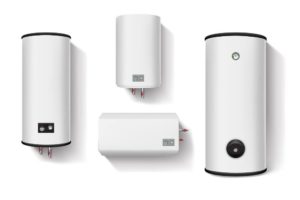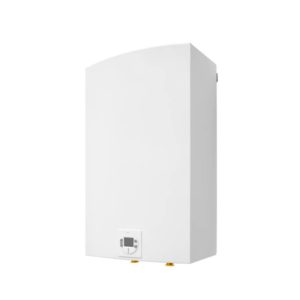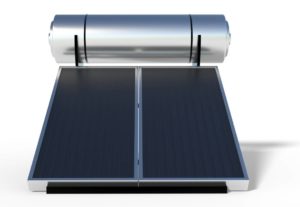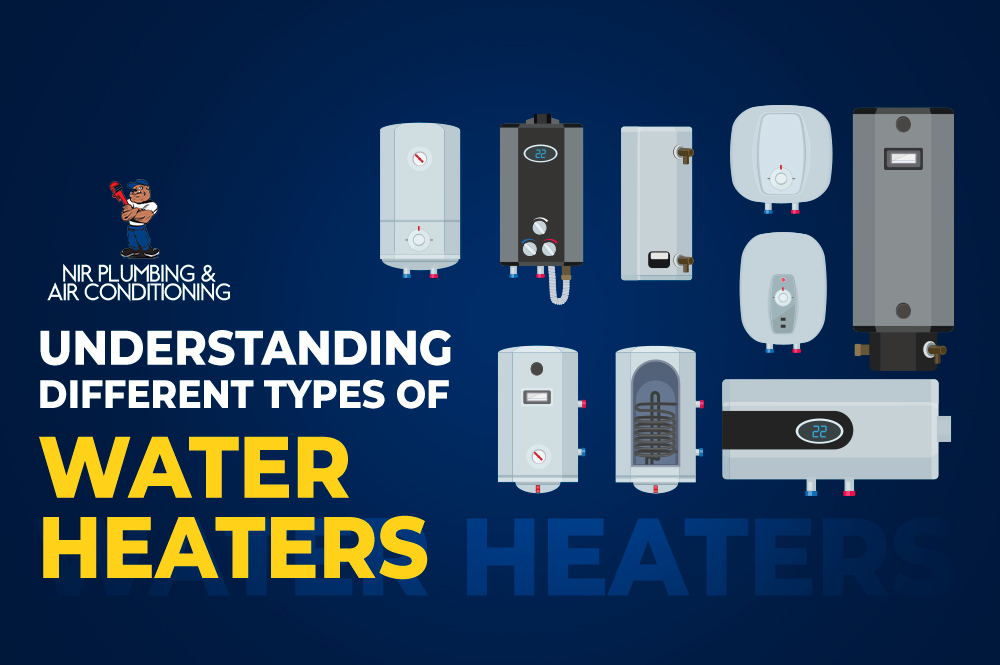Overview: Are you tired of running out of hot water, or paying high energy bills? Here’s what you need to know about different water heater types, from tank-based to tankless, so you can choose the best one for your needs !
Hot water is a modern-day luxury that we take for granted, like binge-watching Netflix or having a smartphone that can order pizza. But have you ever stopped to wonder about the magical contraption that heats up your water and delivers it to your showerhead? Water heaters come in all shapes and sizes, and each type has its own quirks and nuances.
But don’t worry, we’re here to help you navigate the world of water heaters! In this blog, we’ll take you on a tour of the different types of water heaters available, dish out the deets on their features, and help you choose the perfect one for your home.
Let’s get started!
 Tank Water Heaters
Tank Water Heaters
Tank water heaters are the most common type of water heater in North America. When you hear the phrase “water heater,” you’re probably imagining a tank water heater.
They work by storing and heating a large amount of water in a tank until it’s needed. When you turn on a hot water tap, the hot water is then drawn from the tank and replaced with cold water, which is then heated. These tanks can come in a variety of sizes, from 20 to 80 gallons, and are fueled by either gas or electricity.
Pros: Tank water heaters are relatively inexpensive, easy to install, and can provide hot water for multiple users at once.
Cons: They take up a lot of space and can be inefficient, as they constantly heat and reheat water, even when it’s not needed.
>> Related Reading: How Water Heaters Work
 Tankless Water Heaters
Tankless Water Heaters
Tankless water heaters are becoming increasingly popular in North America. They work by heating water on demand, rather than storing it in a tank. When you turn on a hot water tap, cold water is quickly heated by a gas burner or electric element as it flows through a heat exchanger. This provides you with an endless supply of hot water, as long as you don’t exceed the unit’s flow rate.
Pros: Tankless water heaters are energy-efficient, take up less space, and provide a practically unlimited supply of hot water.
Cons: They can be more expensive to install, have a higher upfront cost, and a single unit may not be able to handle high demand in larger households.
>> Related Reading: Storage Tank Water Heaters vs. Tankless Water Heaters: What’s the Difference?
Heat Pump Water Heaters
Heat pump water heaters work by using electricity to move heat from the air or ground to heat water in a tank. They’re much more efficient than traditional tank water heaters, as they don’t create heat directly. Instead, they use electricity to move heat from one place to another.
Pros: Heat pump water heaters are very efficient, and can save you money on your energy bill.
Cons: They can be expensive to install, and may not work as well in colder climates.
>> Related Reading: All About Heat Pump Water Heaters
 Solar Water Heaters
Solar Water Heaters
Solar water heaters use the power of the sun to heat water in a tank. This quality makes these water heaters not only cost effective, but solar powered appliances are pollution-free — so you’ll be contributing to the environment too! They work by collecting sunlight through solar panels, which then heats a fluid that circulates through the system and transfers heat to the water in the tank.
Pros: Solar water heaters are eco-friendly, can save you money on your energy bill, and may even qualify for tax credits.
Cons: They can be expensive to install, and may not work as well in areas with limited sunlight.
Condensing Water Heaters
Condensing water heaters are similar to tankless water heaters, but they have an additional heat exchanger that captures and reuses the heat from the exhaust gases. This makes them even more efficient than standard tankless water heaters.
Pros: Condensing water heaters are incredibly efficient and can save you money on your energy bill.
Cons: They can be more expensive to install and may require additional maintenance.
The Wonderful World of Water Heaters
Now that we’ve covered the different types of water heaters, let’s take a moment to appreciate just how wonderful they are. What would our lives be like without them? Colder, for one thing.
Water heaters are an essential part of our daily lives. So the next time you’re taking a hot shower, remember to thank your water heater for keeping the water nice and toasty — and also the professional plumber who helped you install your heater!
In Conclusion
Understanding the different types of water heaters can help you make an informed decision when it comes to choosing the right one for your home. Each type has its pros and cons, so it’s important to consider your specific needs and budget before making a decision.
Is it time for you to get a new water heater for your home? Don’t resign yourself to cold showers — reach out to NIR Plumbing and let us help you get equipped with the ideal water heater for you!


